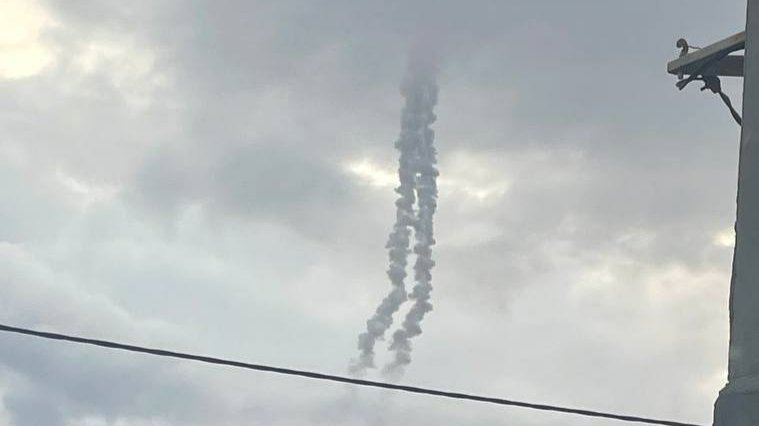The UN General Assembly on Wednesday passed a resolution criticizing the Islamic Republic for its human rights record especially over women's rights, expressing special concern over mandatory hijab policies.
The resolution, drafted by Canada on November 6, was passed with 77 votes in favor, 66 abstentions and 28 votes against in a Wednesday session.
Russia, China, Belarus, Armenia, Cuba, Iraq, Indonesia, Oman, Pakistan, Algeria and Syria were among the countries that voted against the resolution.

The resolution condemned "the intensified, targeted repression of women and girls by the Islamic Republic of Iran, both online and offline, and the lack of accountability and justice measures for human rights violations perpetrated against women and girls."
It also expressed "serious concern at the discriminatory compulsory veiling laws and policies of the Islamic Republic of Iran, which fundamentally undermine the human rights of women and girls, expressed concern at the escalation in the enforcement of these laws and policies... and reaffirmed calls for all such laws and policies to be repealed."
Iran's Foreign Ministry spokesman on Wednesday condemned the resolution, calling it a politically motivated and unjustifiable move.
Iranian women are facing tougher crackdowns for refusing to wear the compulsory hijab amid Iran’s conflict with Israel.
Morality police are also back on the streets in larger numbers, having been scaled back since the death of a young woman named Mahsa Amini in their custody in 2022.
Witnesses report a stronger presence around Tehran’s central districts, describing police foot patrols, detention vans and police motorcycle patrols.
A widely publicized incident earlier this month at the Islamic Azad University in Tehran brought the issue of hijab defiance back into the global spotlight. In protest against enforcement measures on campus, a female student named Ahoo Daryaei, removed her clothing in defiance of security staff intervening over her hijab.
Daryaei was transferred to a psychological center shortly after her arrest, drawing accusations from activists that the government is attempting to undermine her protest by portraying her actions as a sign of mental illness.
 Screenshot of the video showing Ahoo Daryaei disrobing at Tehran's Science and Research branch of Azad University on November 2, 2024.
Screenshot of the video showing Ahoo Daryaei disrobing at Tehran's Science and Research branch of Azad University on November 2, 2024.Strong condemnation of execution spree
The Wednesday resolution passed by the UN General Assembly also condemned "in the strongest terms the alarming increase in the application of the death penalty by the Islamic Republic of Iran in violation of its international obligations, including executions undertaken against persons on the basis of forced confessions and without fair trial and due process."
The resolution expressed "serious concern at the disproportionate application of the death penalty to persons belonging to minorities, particularly ethnic and religious minorities, who are targeted for death sentences relating to their alleged involvement in political or religious groups, and at the continued execution of women, which has reached the highest number of reported executions of women since 2013."
The resolution comes against the backdrop of the Islamic Republic's uptick in executions over the past few years. At least 711 people have been executed in Iran since January, according to the latest report by the Norway-based Iranian rights group Hengaw.
A Saturday report by Hengaw said that 13 of the 711 documented executions this year involved political prisoners. The group also documented 21 fatalities in Iran’s prisons in 2024, including four deaths of political detainees and eight deaths attributed to torture.

 9 hours ago
20
9 hours ago
20


